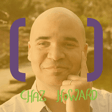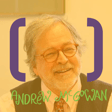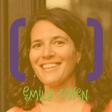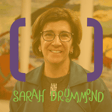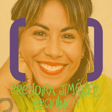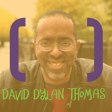
Kenneth Murphy: Pose. Vogue. Pass it On.
What does it take to remember and preserver stories of queer black joy? How can we love our roots while we move on from the parts that hold us back from wholeness?
Kenneth Murphy has chronicled the work of the New York ballroom scene, committing it to the archives of the New York Public Library.
Kenneth talks mentoring, black joy and flourishing, and honoring his roots — all while moving forward at the same time.
Kenneth’s own work in ballroom has been featured across New York City, including at the Lincoln Center for the Performing Arts.
CONTENT WARNING: trauma, queerphobia, white supremacy, poverty
Check out the New York Public Library’s Jerome Robbins Dance Division: https://www.nypl.org/locations/lpa/jerome-robbins-dance-division
This program is produced in south west philadelphia, in the unceded neighborhood of the black bottom community and on the ancestral land of the Lenape nation, who remain here in the era of the fourth crow and fight for official recognition by the commonwealth of Pennsylvania to this day. You can find out more about the Lenape Nation of Pennsylvania and how you can support the revitalization of their culture by going to https://lenape-nation.org.
Visit this episode’s sponsor, BVP Coffee, roasting high quality coffee that benefits HBCU students:
https://bvp.coffee/uncommongoodpod
we chat to ordinary people doing uncommon good in service of our common humanity.
we are creating community that builds relationships across difference by inviting dialogue about the squishy and vulnerable bits of life.
(un)common good with pauli reese is an uncommon good media production, where we make spirituality accessible to everyone and put content on the internet to help people stop hating each other.
thanks for joining us on the journey of (un)common good!

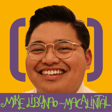


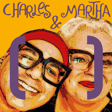
![BONUS: [moim] Gathering, David Rubenstein Atrium at Lincoln Center image](https://media.zencastr.com/cdn-cgi/image/width=112,quality=85/image-files/62b64321a33e0c0035b4bc2e/a5bd46bd-6072-4365-94bb-c1391a3e5105.jpeg)






